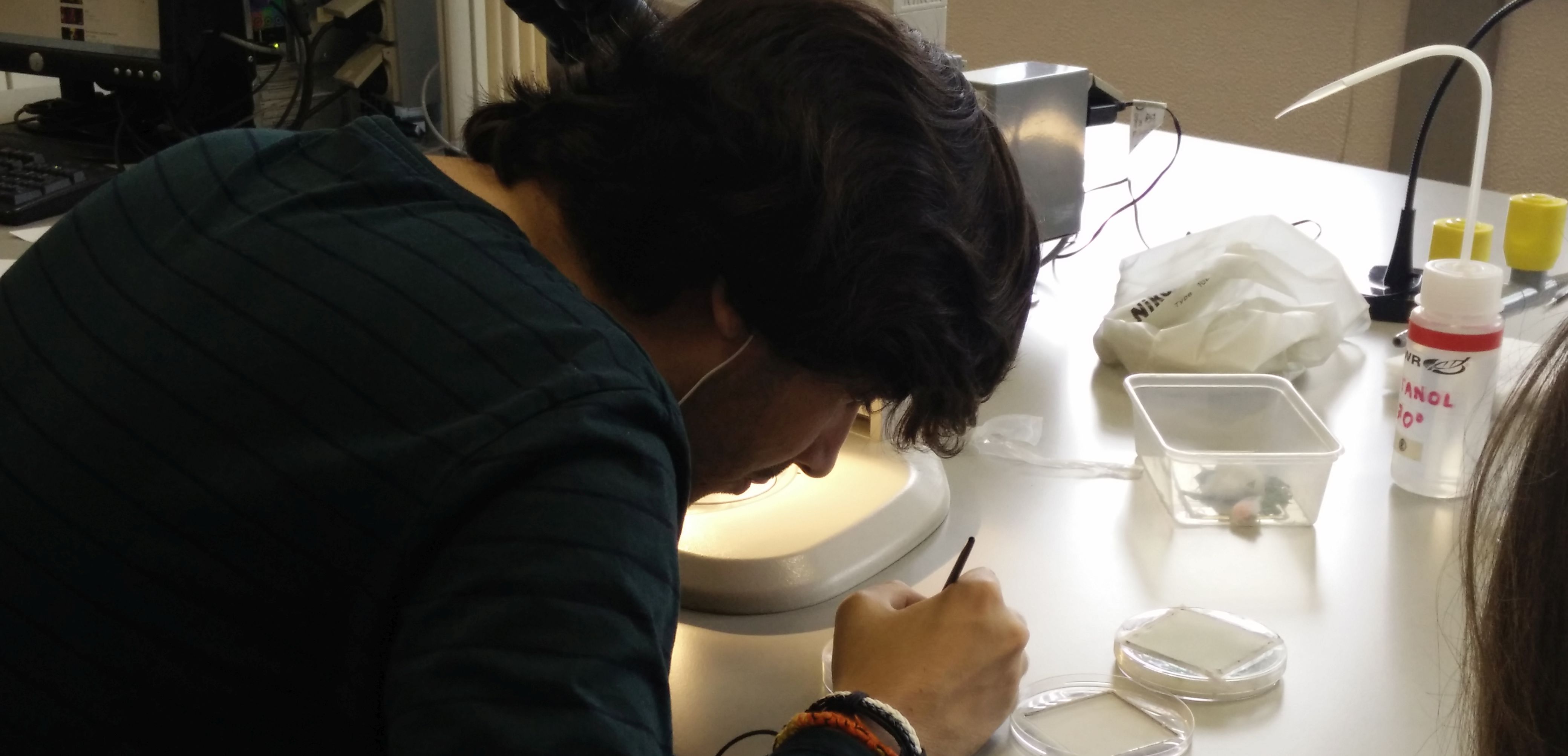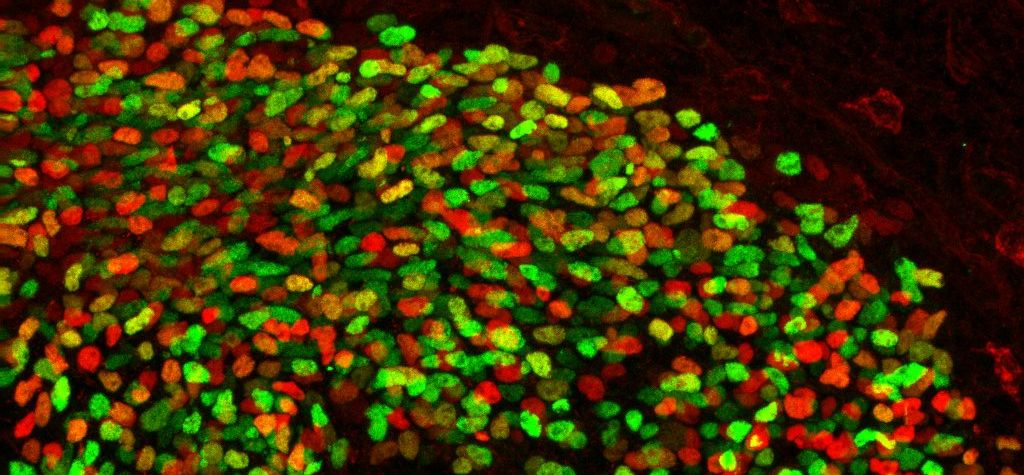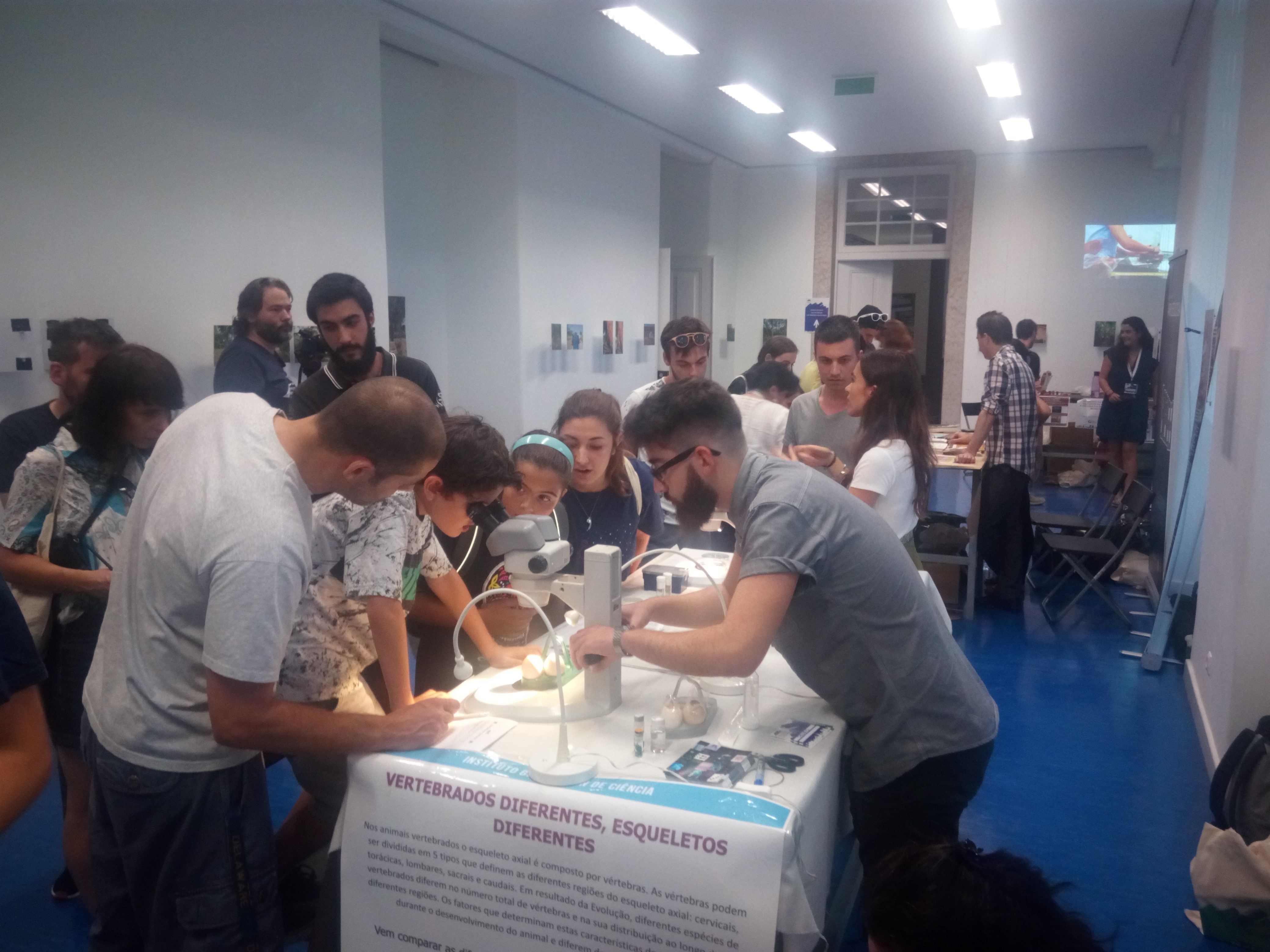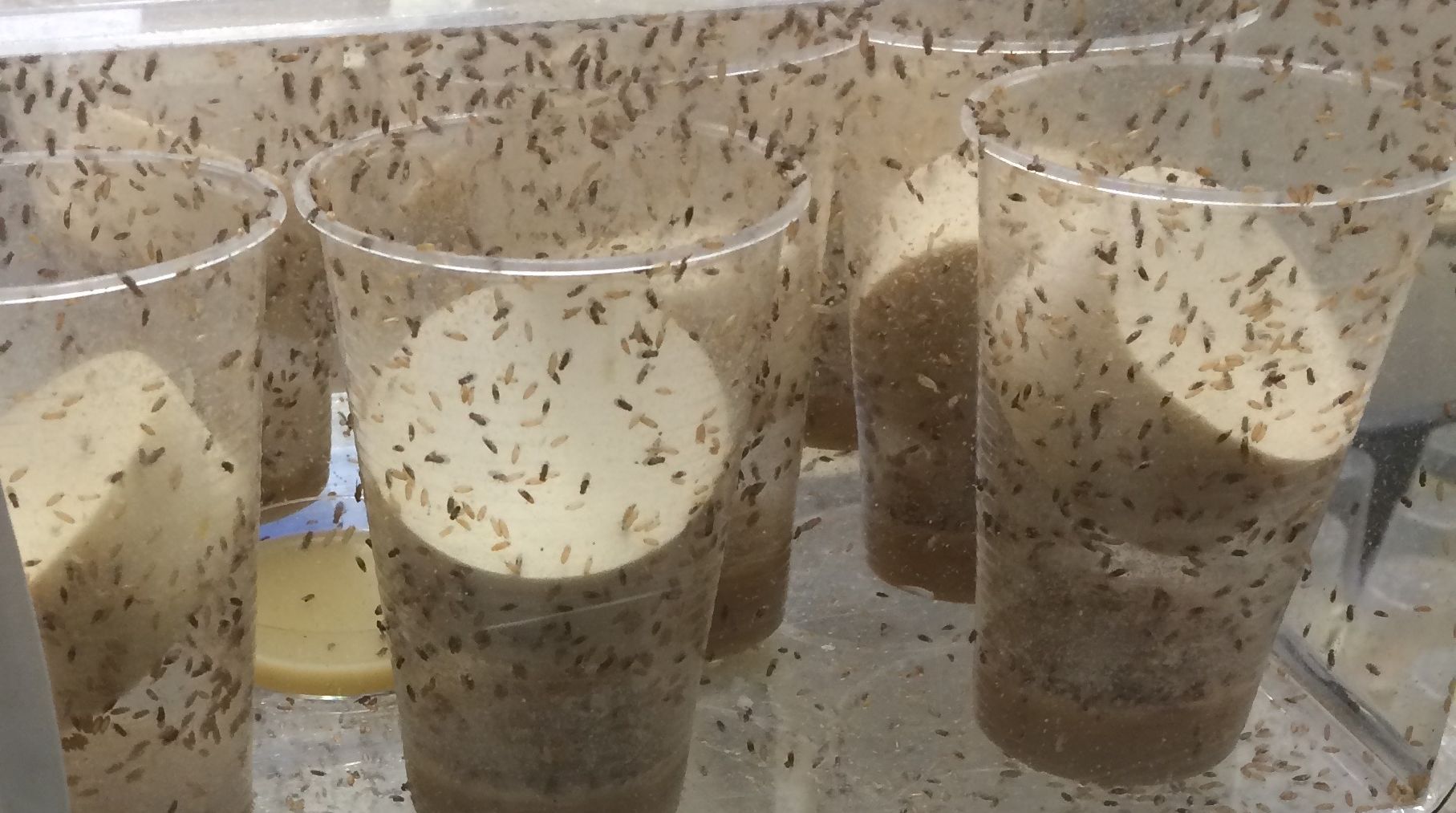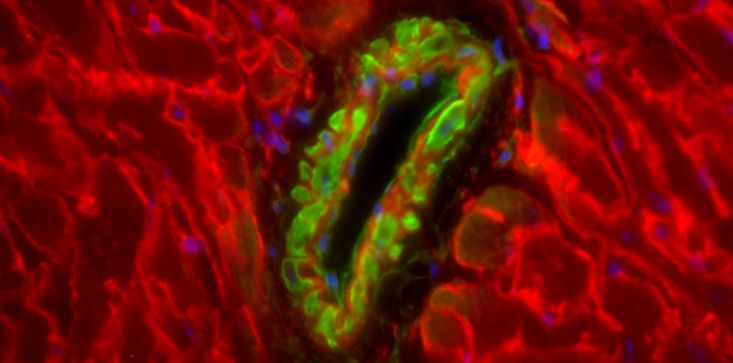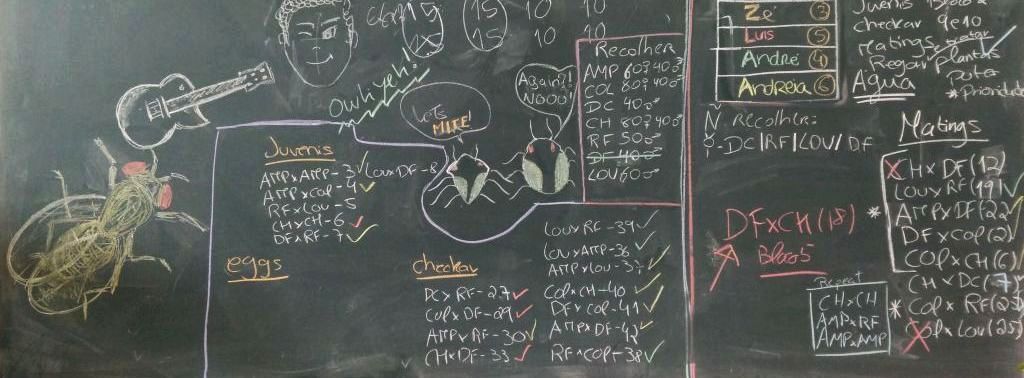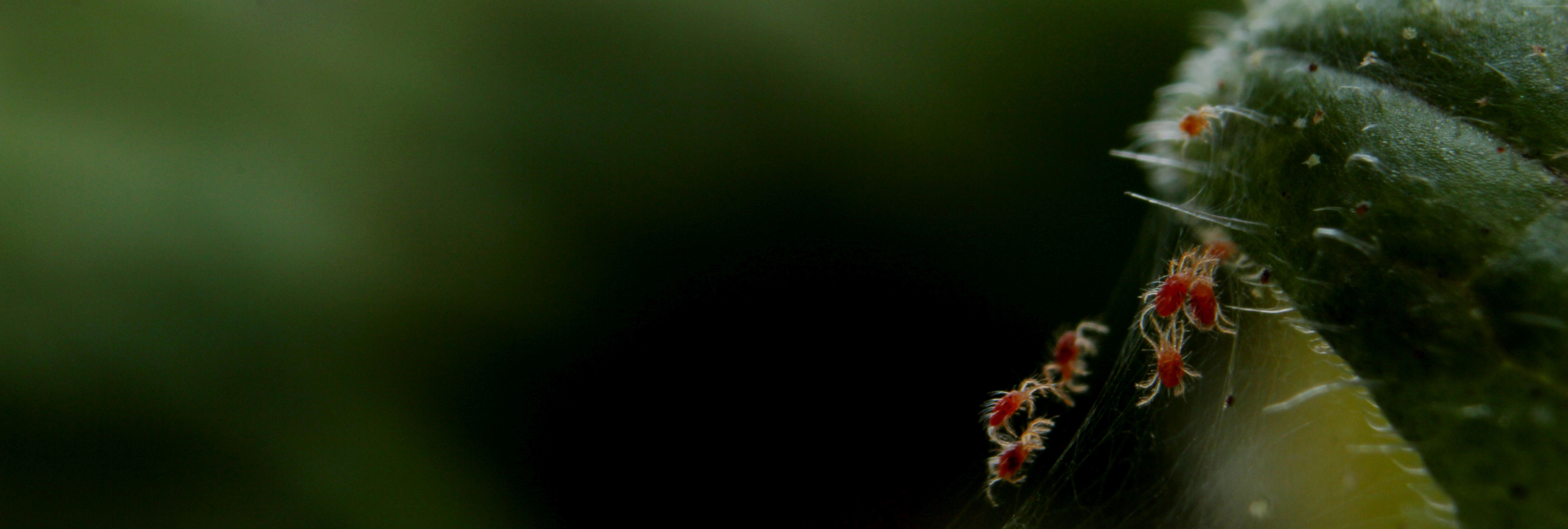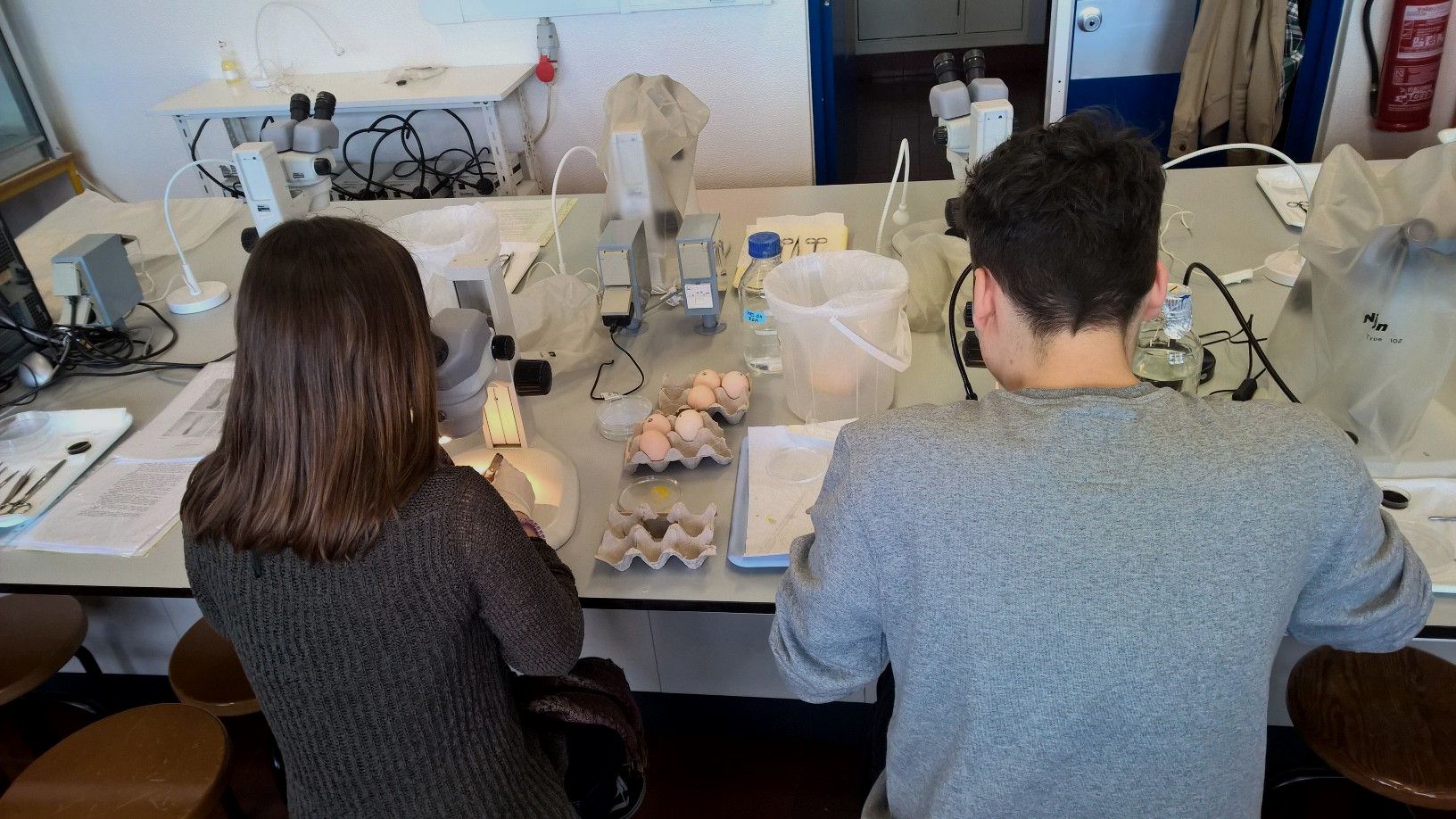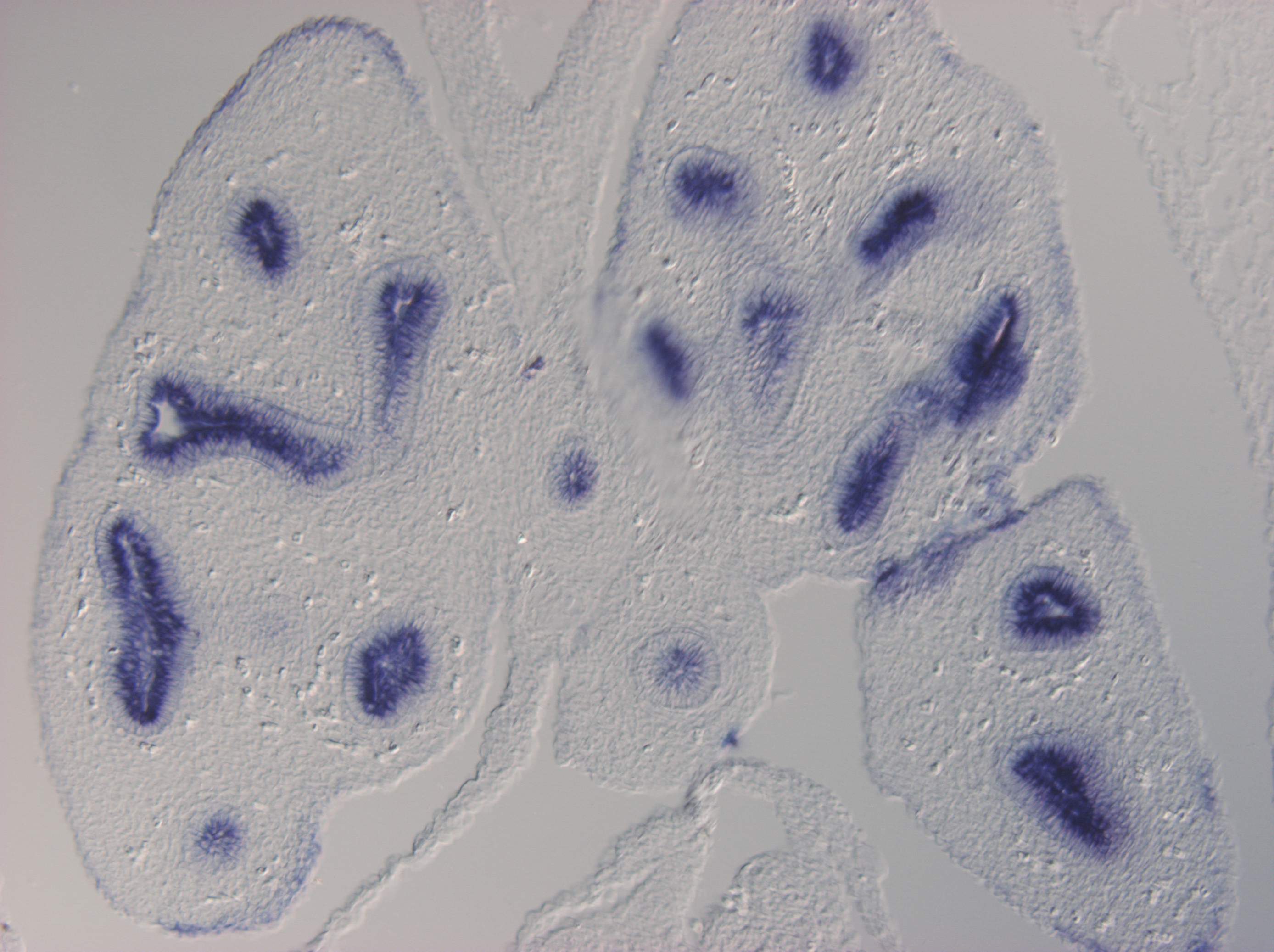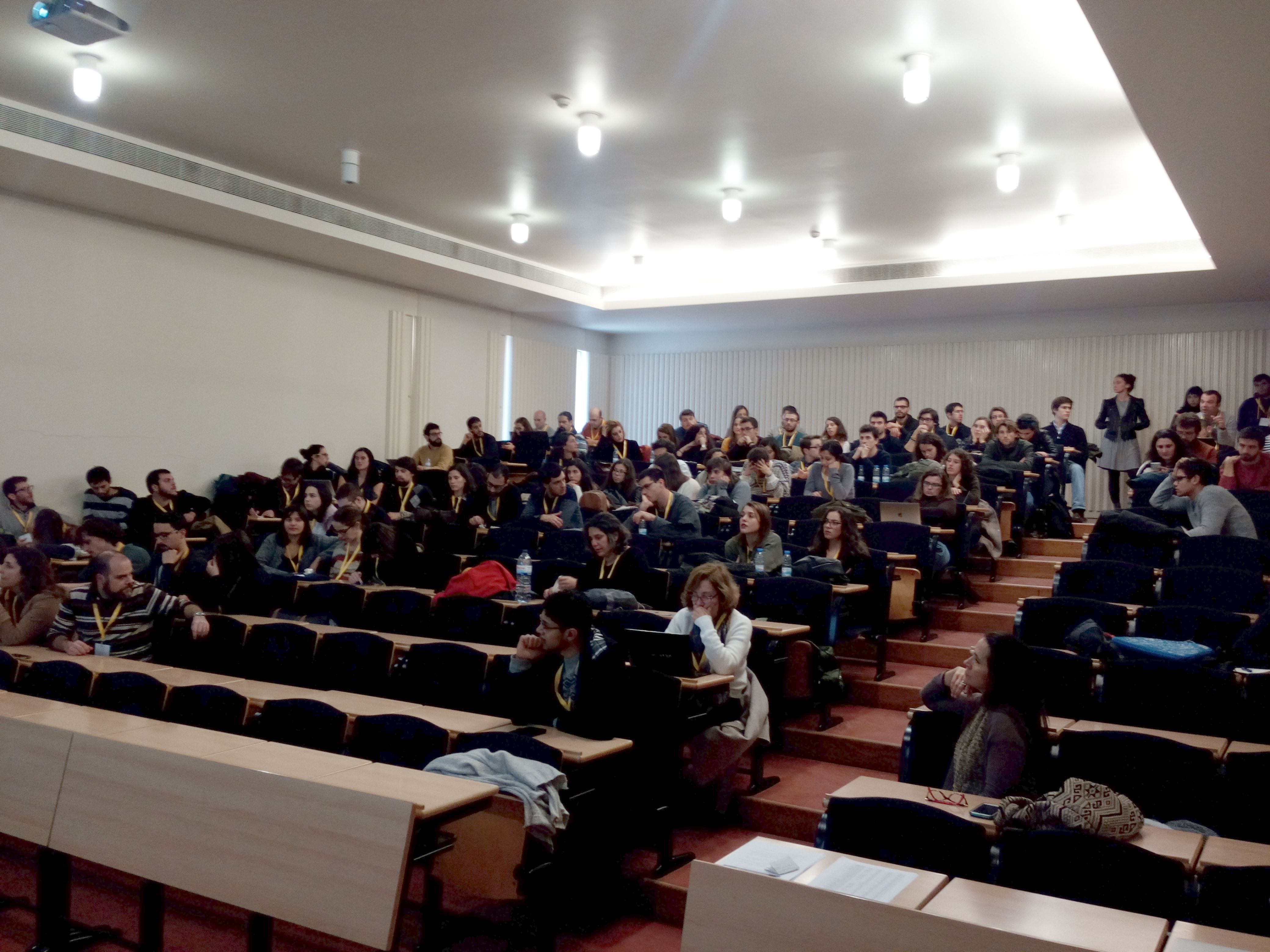The MSc in Organismal and Evolutionary Biology is a 2 year (120 ECTS) Master of Science Programme.
The first year is dedicated to course work. The core courses of the programme run in modules, one at a time, where a 6 ECTS course lasts for 3 weeks and a 3 ECTS course for 1,5 weeks.
This organization gives students the opportunity to focus on one subject at a time and to build up knowledge and training as they go from course to course. Furthermore, since students are dedicated to one course at a time, they receive continuous practical hands-on training, involving experimental laboratory work, computational training, data processing and analytical methods. The evaluation of student performance is done during or at the end of each module.
Optional courses (6 ECTS per semester) run either in modules or for half semesters.
In the beginning of the second year, students take a course called Project (3 ECTS) where they elaborate and present their Master’s project plan. The remainder of the year is spent on the Dissertation (57 ECTS) where students engage in a research project. This project can be pursued within or outside ULisboa. Every year, the Scientific Commission of the MSc programme contacts colleagues within the relevant scientific areas, requesting potential dissertation proposal. A list of projects is sent to the students to help them find dissertation projects to match their interests. Students are also encouraged to play and active role in finding a dissertation subject and to contact potential advisors themselves with the oversight and help of the Scientific Commission. At the end of the second year, students write up a Master’s dissertation and defend their work in a public defense.
International collaborations
The MSc in Organismal and Evolutionary Biology regularly receives students from the International Masters Programme “From fundamental molecular biosciences to biotherapies” lead by Sorbonne Université in Paris.
Students of the MSc in Organismal and Evolutionary Biology can also apply to spend the 2nd semester of the first year at one of the participating universities or to participate in the International Curie/Sorbonne Université Developmental Biology course in Paris at the beginning of their second year.
Students can also choose to do their dissertations projects abroad, for example through the Erasmus Programme. For more information about these programmes, contact the Student Mobility and Support Area.
1st Year |
|||
|
1st Semester
|
Block A (Common)
|
Block B (Evolution)
|
|
| OR | |||
Block C (Organism)
|
|||
| PLUS | |||
|
|||
|
|
|||
|
2nd Semester
|
Block A (Common)
|
Block B (Evolution)
|
|
| OR | |||
Block C (Organism)
|
|||
| PLUS | |||
|
|||
2nd Year |
|
| 1st Semester | Project in OEB (3 ECTS) Dissertation |
| 2nd Semester | Dissertation (cont – 57 ECTS) |
